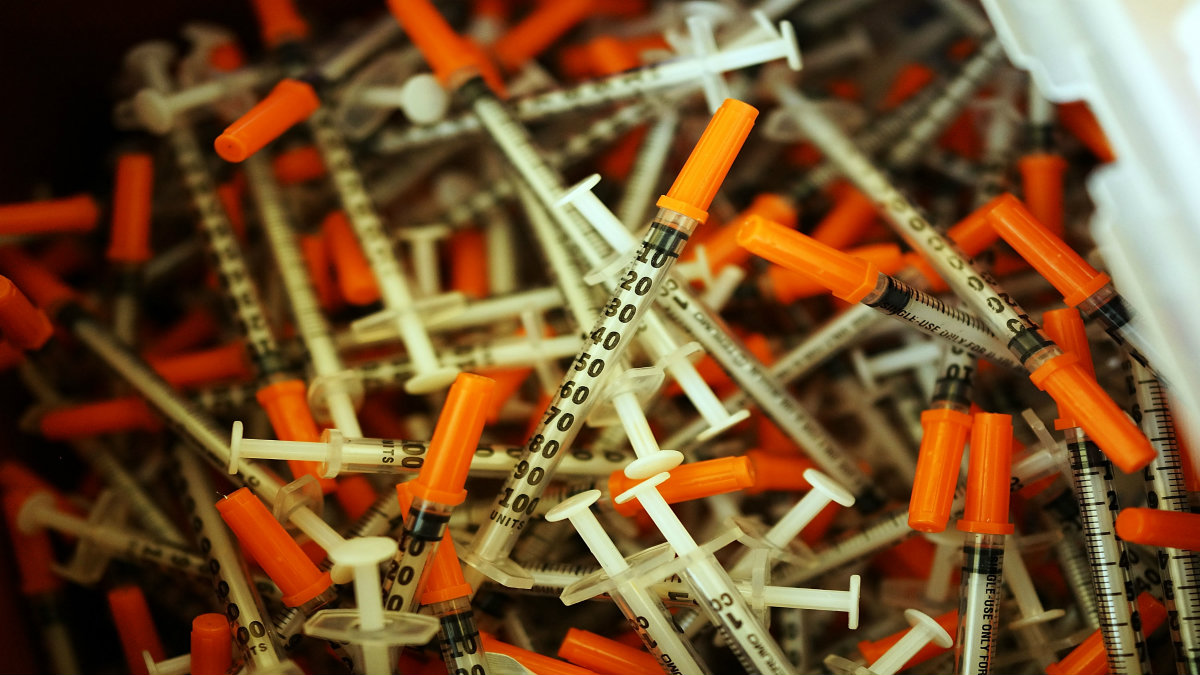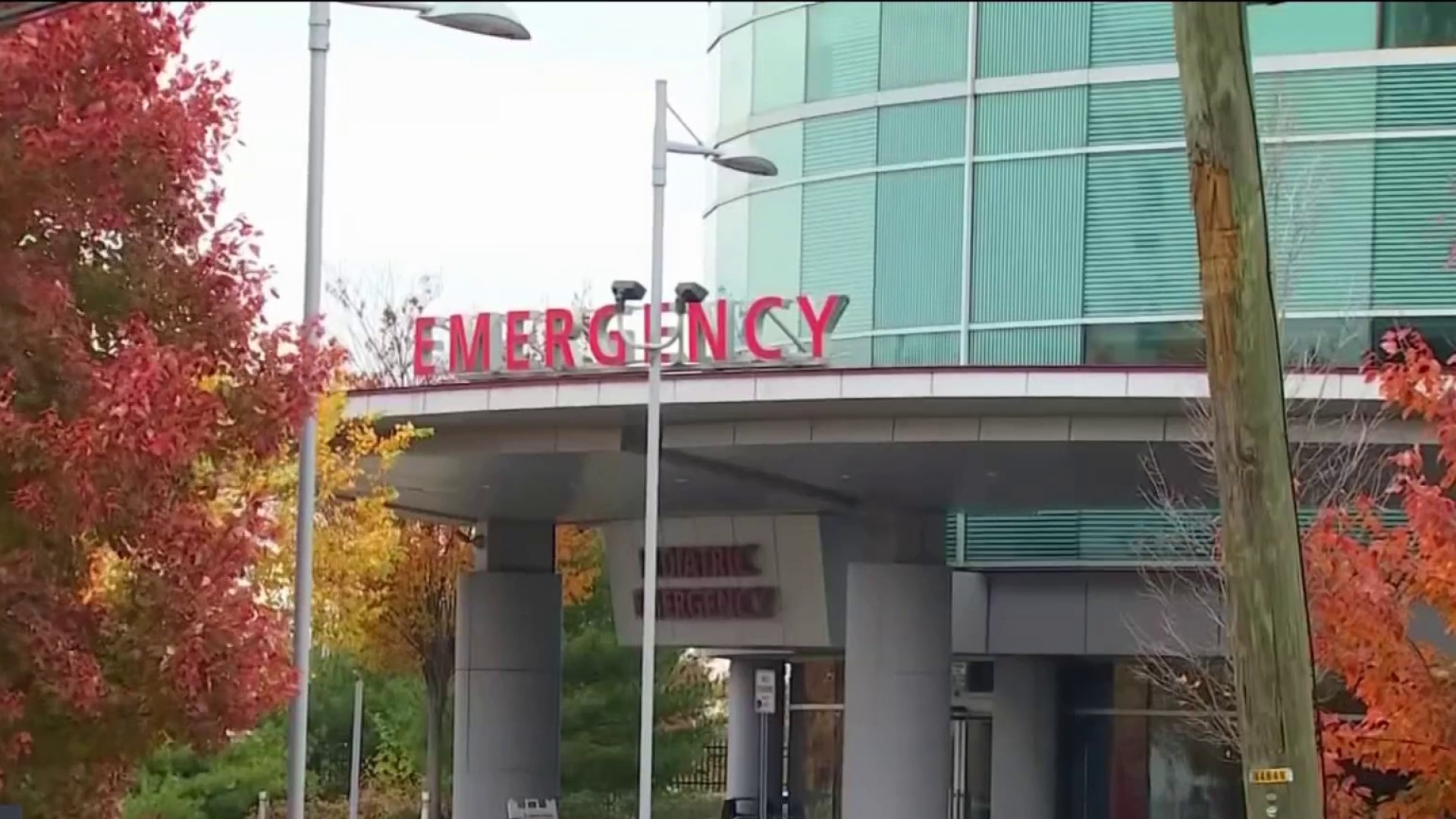Mayor Bill de Blasio announced Tuesday that overdose prevention center (OPC) services, aimed at reducing overdose deaths -- a public health issue that the country as a whole has been grappling with and seen a dramatic increase of during the pandemic -- will open in New York City.
OPCs, also referred to as supervised injection or supervised drug consumption sites, are safe places where people who use drugs can receive clean needles, medical care and be connected to social services as well as treatment for addiction, according to the city. The OPCs will be an extension of existing services and will be co-located with previously established syringe service providers.
According to a NY Times report, New York City will authorize two supervised injection sites in Manhattan -- in the neighborhoods of East Harlem and Washington Heights -- to begin operating as soon as Tuesday.
“New York City has led the nation’s battle against COVID-19, and the fight to keep our community safe doesn’t stop there. After exhaustive study, we know the right path forward to protect the most vulnerable people in our city. And we will not hesitate to take it,” said Mayor Bill de Blasio. “Overdose Prevention Centers are a safe and effective way to address the opioid crisis. I’m proud to show cities in this country that after decades of failure, a smarter approach is possible.”
Get Tri-state area news and weather forecasts to your inbox. Sign up for NBC New York newsletters.
DRUG OVERDOSE DEATHS
The announcement means that New York City will become the first city in the United States to open officially authorized injection sites. Other cities, including Philadelphia, have taken steps toward supervised injection but have yet to open sites amid public backlash from both residents and even local lawmakers.
These services will be coming online at a critical time, according to the city, which reports that during 2020, over 2,000 individuals died of a drug overdose in New York City, the highest number since reporting began in 2000.
Data from the first quarter 2021 shows 596 deaths occurred in the Big Apple between January and March of this year. This represents the greatest number of overdose deaths in a single quarter since reporting began in 2000.
“Overdose Prevention Centers can turn the tide in the fight against the opioid crisis, and New York City is ready to lead the way,” said Deputy Mayor for Health and Human Services Melanie Hartzog. “We have lost too much to rely on the same playbook. It’s time to take bold action to help our most vulnerable neighbors and the communities they call home.”
An increase in overdose deaths is a reality that New York City does not face alone. Data from the CDC’s National Center for Health Statistics show that there have been about 100,300 drug overdose deaths in the United States during 12-month period ending in April 2021. This marks an increase of 28.5% from the 78,056 deaths during the same period the year before.
OPC services are proven to prevent overdose deaths, and are in use around the world, according to the city, which adds that there has never been an overdose death in any of these types of facilities.
“The national overdose epidemic is a five-alarm fire in public health, and we have to tackle this crisis concurrently with our COVID fight,” said Health Commissioner Dr. Dave A. Chokshi. “Giving people a safe, supportive space will save lives and bring people in from the streets, improving life for everyone involved. Overdose prevention centers are a key part of broader harm reduction.”
A Health Department feasibility study found that OPCs in New York City would save up to 130 lives a year. Aside from aiming to save lives, OPCs benefit surrounding communities, city officials said, pointing to a reduction in public drug use and syringe litter. Additionally, according to the city, other places with OPCs have not seen an increase in crime, even after years of housing these facilities, according to the city.
The locations of the OPCs will focus on communities' health need and depth of program experience.
“As the opioid crisis continues to ravage New York and the death toll rises, I am relieved and grateful New York City has taken the necessary step to open two Overdose Prevention Centers," State Senator Gustavo Rivera, Chair of the New York Senate Health Committee said in a statement. "These centers will be an effective tool in preventing overdose deaths, stopping the spread of disease, and providing a path to recovery. They will also help address the valid concerns that certain New Yorkers have regarding the increased presence of substance use on our streets and its impact on our communities. This is just a first step. I look forward to working with the Mayor to open overdose prevention centers in areas with the highest overdose deaths, including the Bronx, and with the Governor to authorize them throughout New York State."




